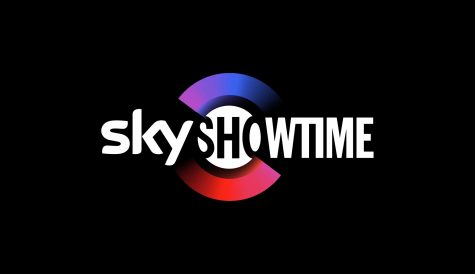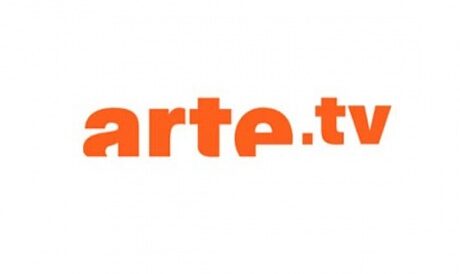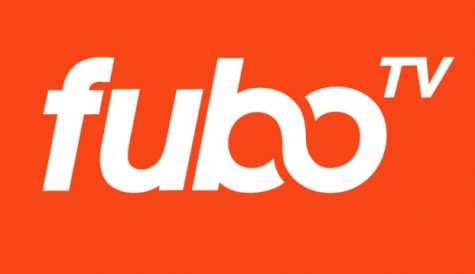Billionaire Loeb’s Disney demands met by tepid industry response

Industry executives and analysts have reacted with incredulity to billionaire activist investor Daniel Loeb’s list of demands at Disney.
Earlier this week, it was revealed that Loeb’s Third Point hedge fund had taken a US$1 billion stake in Disney days after the company announced it had overtaken Netflix as the world’s largest streaming operator.
Loeb, who previously held a stake in 2020, at the time had called on the company to go all-in on streaming and has evidently been buoyed by the overwhelming success of his request to come back with a new list of demands.
The highest profile demand is to accelerate the timetable for acquiring Comcast’s minority stake in Hulu, and fully integrate into Disney+ and to operate it as a single streaming service. He also wants Disney to spin ESPN off as a standalone business in a move which would give it greater flexibility to explore growing areas such as sports betting. Disney had previously considered splitting ESPN off in 2020 before scrapping the plan.
Despite being proved the first time around in retrospect, Loeb’s demands this time have been met with a more mixed industry reaction, reports Reuters.
Without specifically naming names, the report says that the industry sentiment is that these changes would deplete Disney of revenue at a time when its loss-leading streaming business is in a period of rapid acceleration.
Backing this reading is the fact that Disney CEO Bob Chapek credited live sports and ESPN+ as key driving factors behind its Q3 operating profit increase of 50%. Chapek also said that ESPN is already considering sports betting.
Barclays analyst Kannan Venkateshwar is one who has backed Disney’s current approach, forecasting that its sports networks could generate US$12.4 billion in revenue and US$3.9 billion operating income this year. The analyst wrote: “What is also not clear to us is what such a move would achieve strategically.”
Other analysts, such as MoffettNathanson’s Michael Nathanson have said that “given the heavy fixed cost base of ESPN’s sports rights, we would think that the market’s aversion to this idea would be similar (or worse) to the reaction of the (Warner Bros Discovery (WBD.O)) merger.”
Nathanson also suggested that Disney would be forced to pay a premium should it look to accelerate its agreement to acquire Comcast’s 33% Hulu stake for US$5.8 million, and said that it would do little to change the market dynamics.



